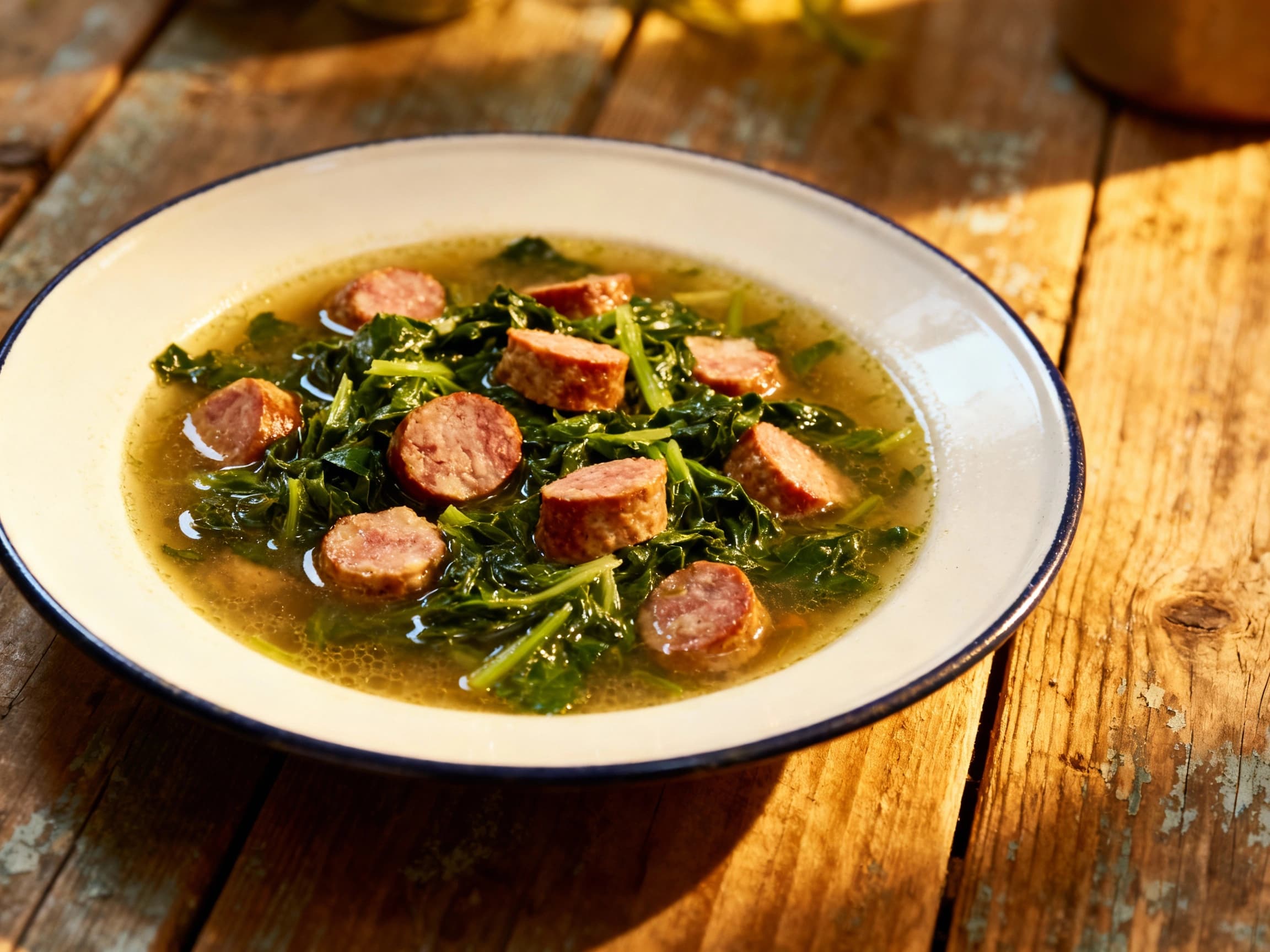
Alheira de Mirandela
Alheira de Mirandela
- Country
- Portugal
- Region
- Trás-os-Montes
- Recipes
- 3 Recipes
Origins & Characteristics of Alheira de Mirandela
Alheira de Mirandela is a culturally significant and historically rich sausage originating from the Trás-os-Montes region, specifically the town of Mirandela in northeastern Portugal. Its origins are often linked to Sephardic Jewish refugees who sought asylum in Portugal centuries ago. To disguise their dietary practices and avoid persecution, they created sausages using poultry and game meats, mixed with breadcrumbs and seasonings, rather than pork, which was forbidden. This unique method of preparation, using bread as a binder, distinguishes alheira from other sausages. The specific appellation 'Alheira de Mirandela' signifies a protected geographical indication, assuring its authentic production methods and ingredients. Traditionally, alheiras were smoked, giving them a distinct flavor and preservative quality, essential for the rural communities of Trás-os-Montes. They are typically made with a combination of meats such as game birds (like quail or pheasant), pork, and sometimes beef, along with garlic, wine, and olive oil, all bound together with bread. The sausage is usually served fried or grilled, often accompanied by a fried egg and hearty accompaniments like turnip greens or potatoes. The Alheira de Mirandela is more than just a sausage; it's a symbol of resilience, culinary adaptability, and the deep-rooted traditions of northeastern Portugal. Its complex flavor profile, a result of its unique ingredients and smoking process, has made it a cherished delicacy, representing a remarkable fusion of history and gastronomy.
History of Alheira de Mirandela
Likely origins trace back to Sephardic Jewish refugees in Portugal.
The recipe evolves, incorporating local game and different bread types characteristic of Trás-os-Montes.
Development of commercial production and distribution methods begin in Mirandela.
Efforts begin to establish protected geographical status for Alheira de Mirandela.
Awarded Protected Geographical Indication (PGI) status by the European Union.


